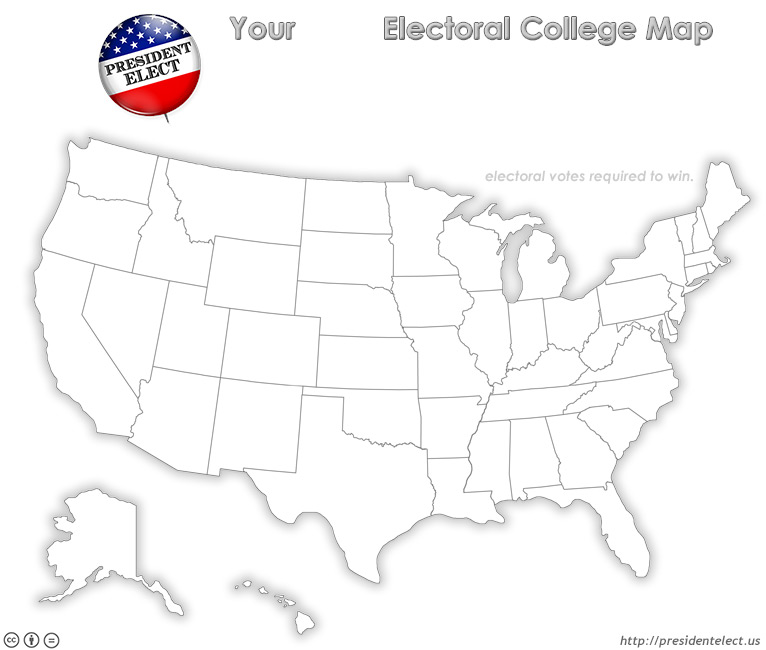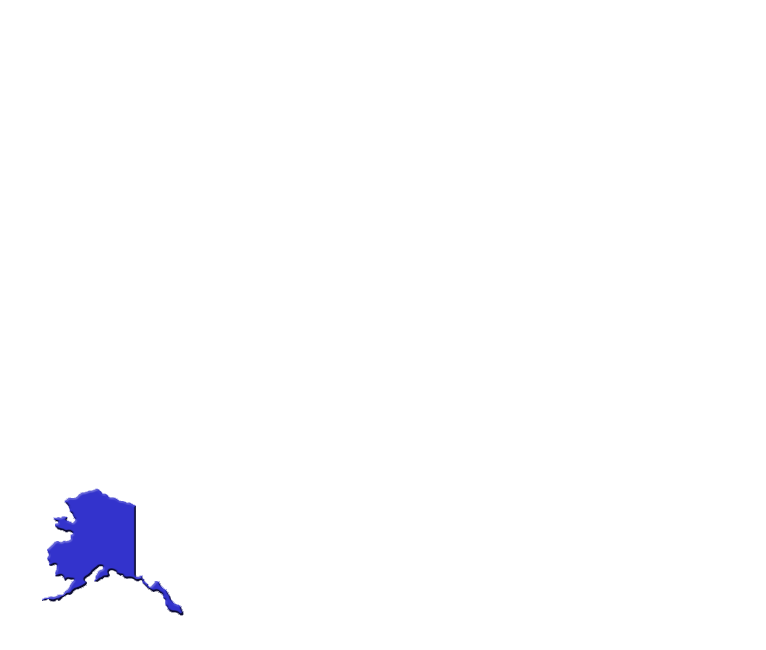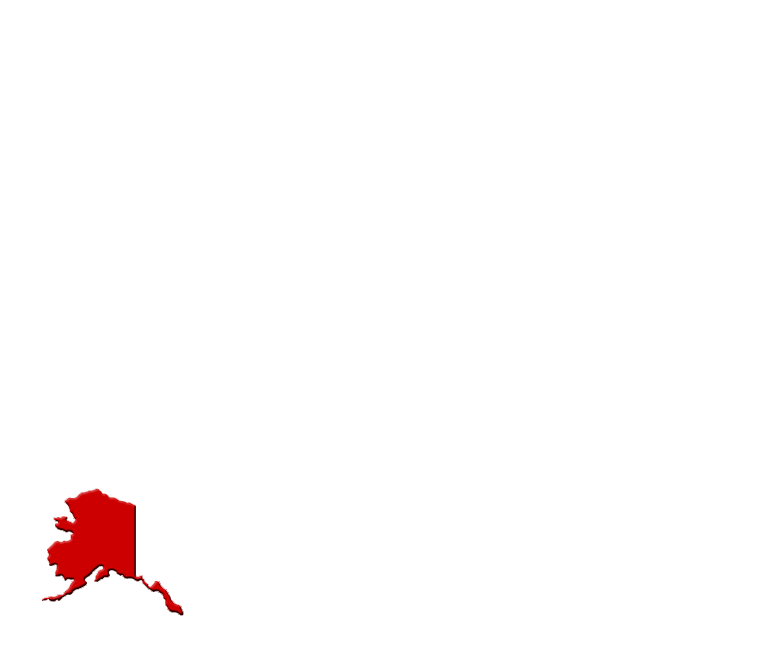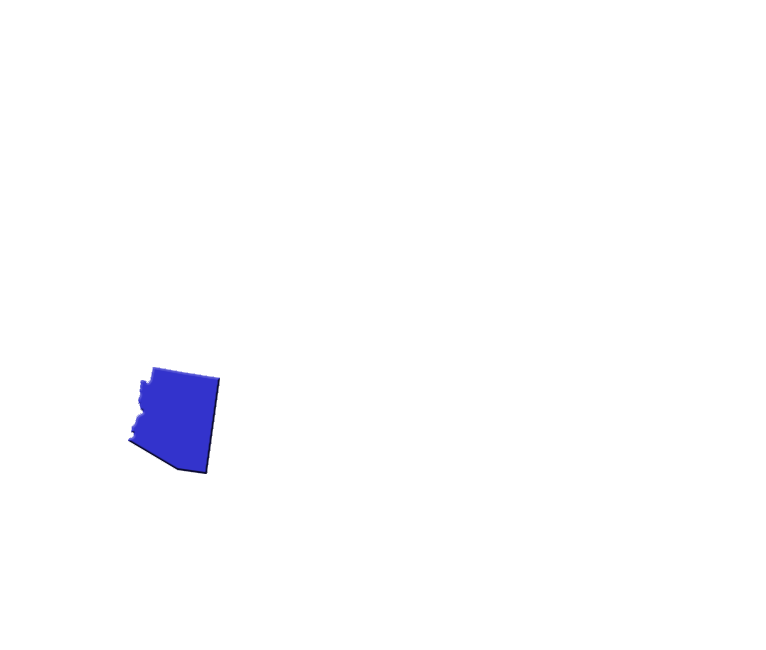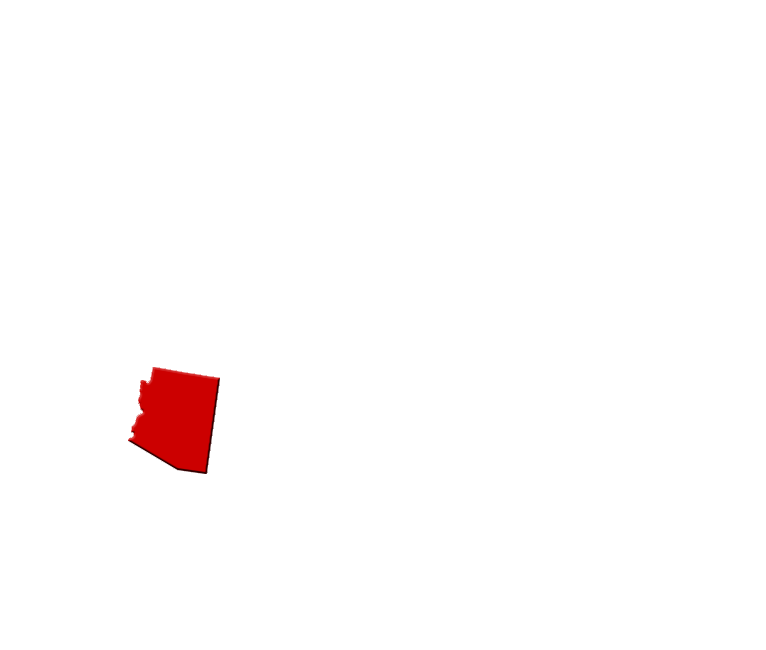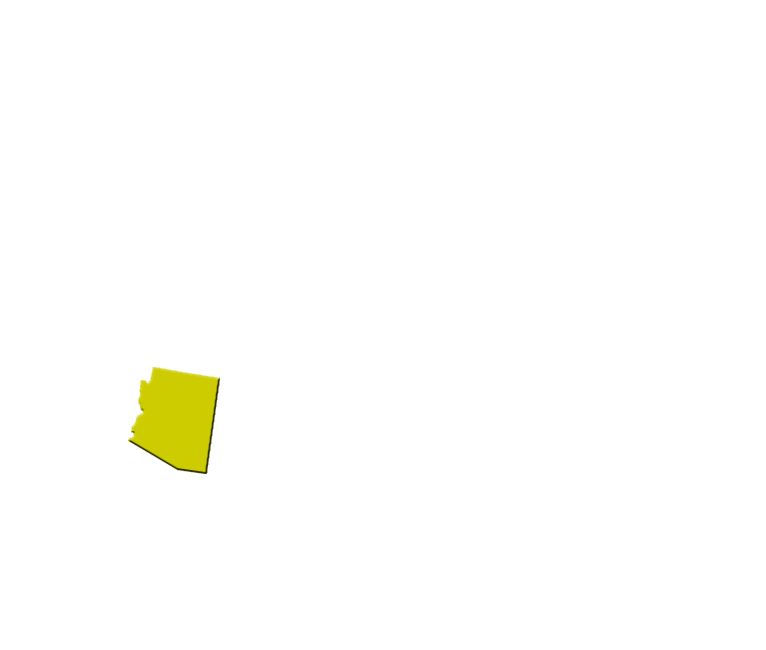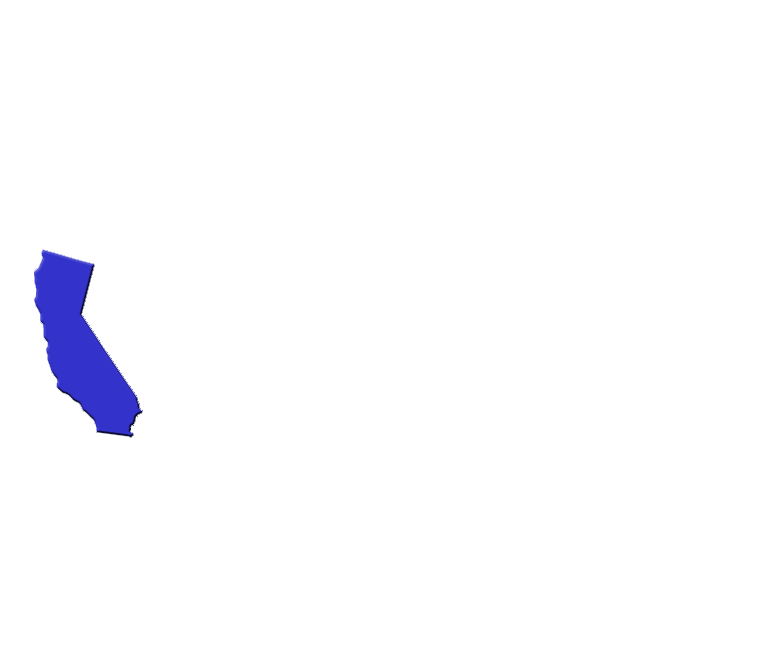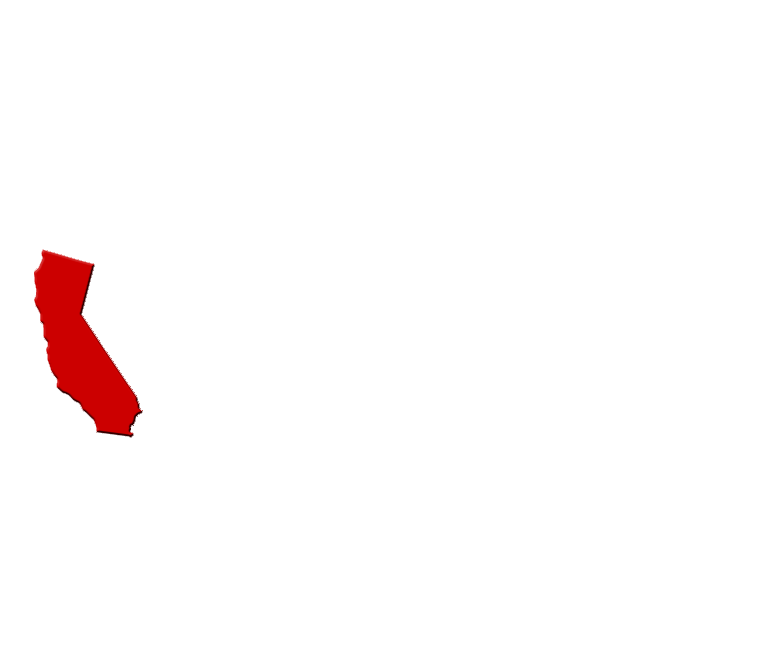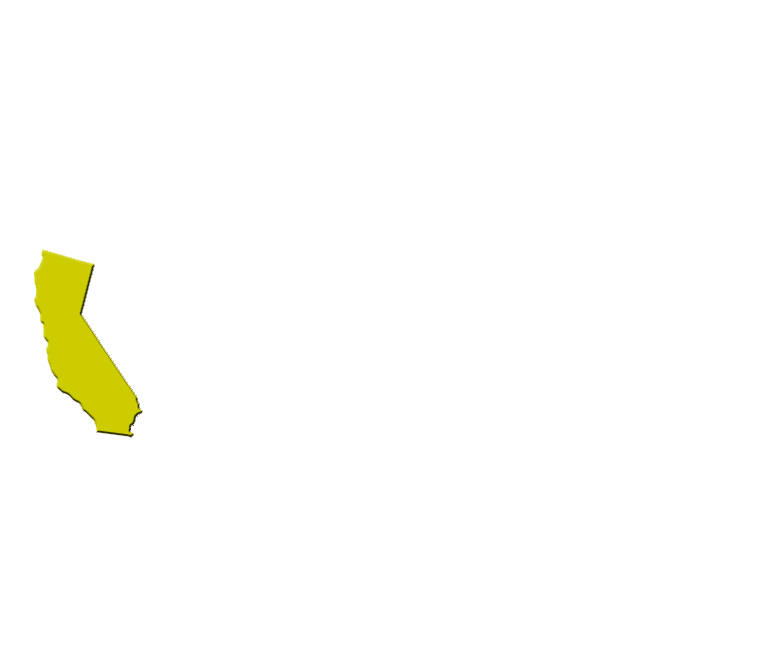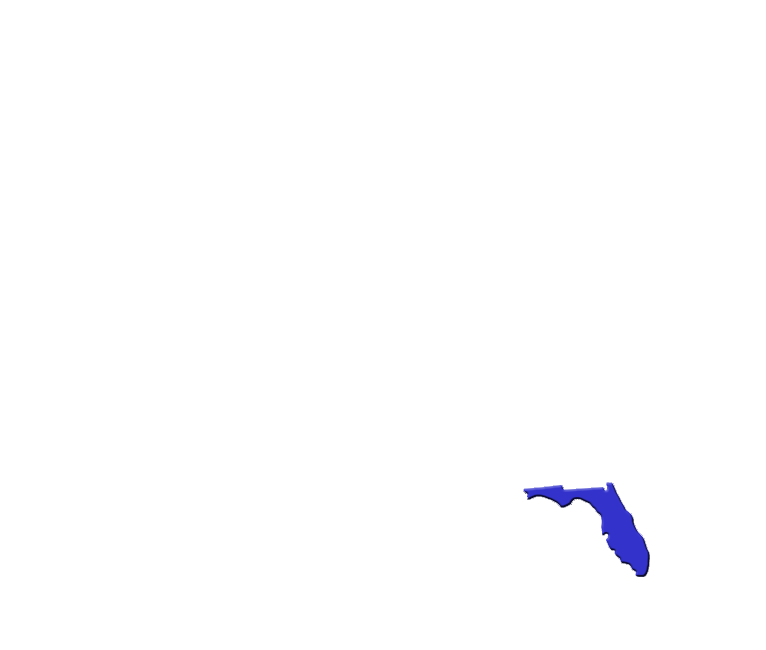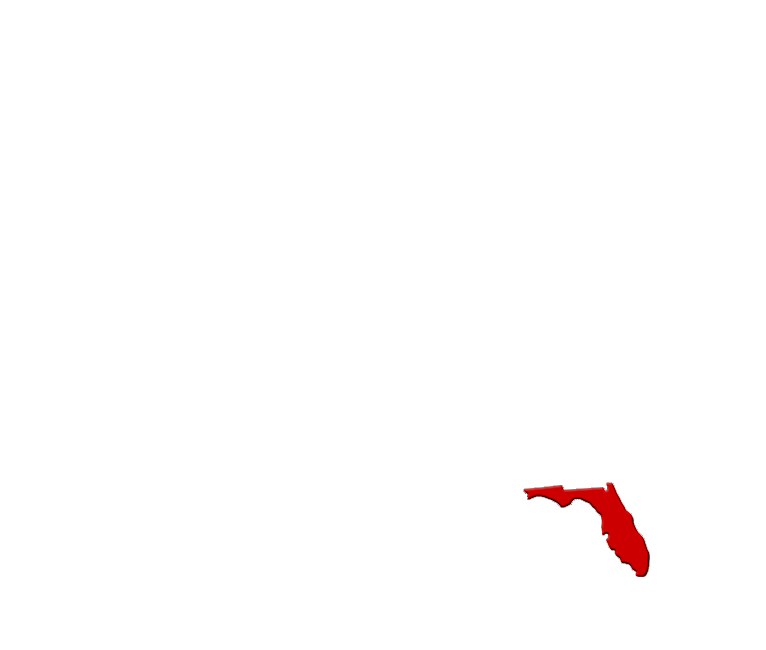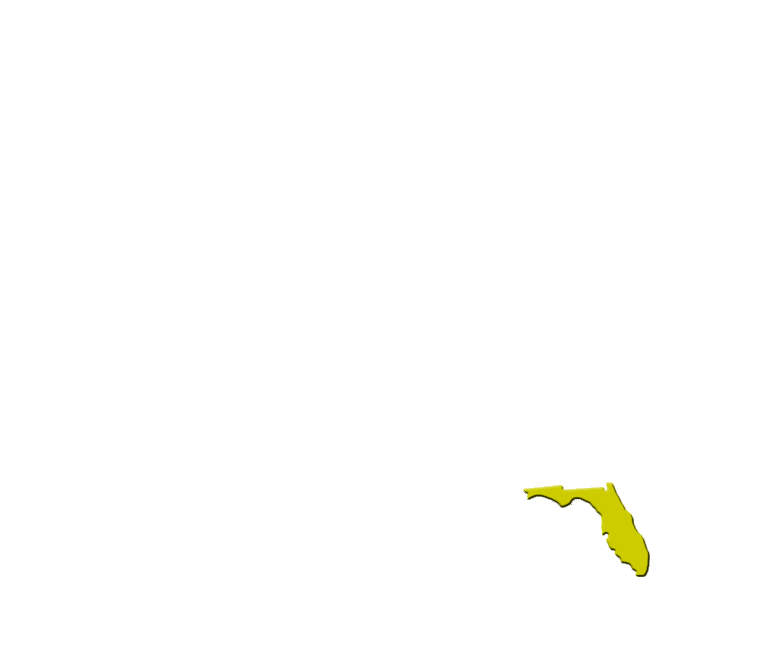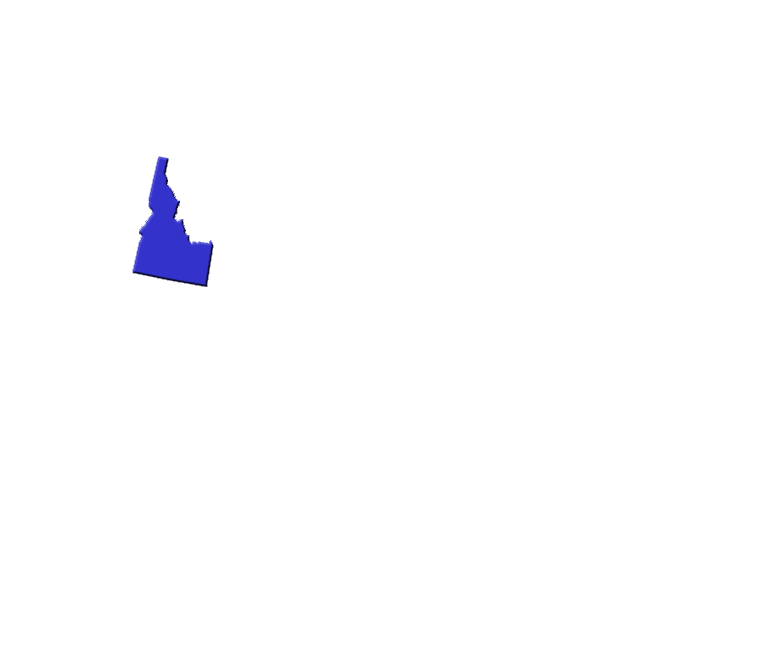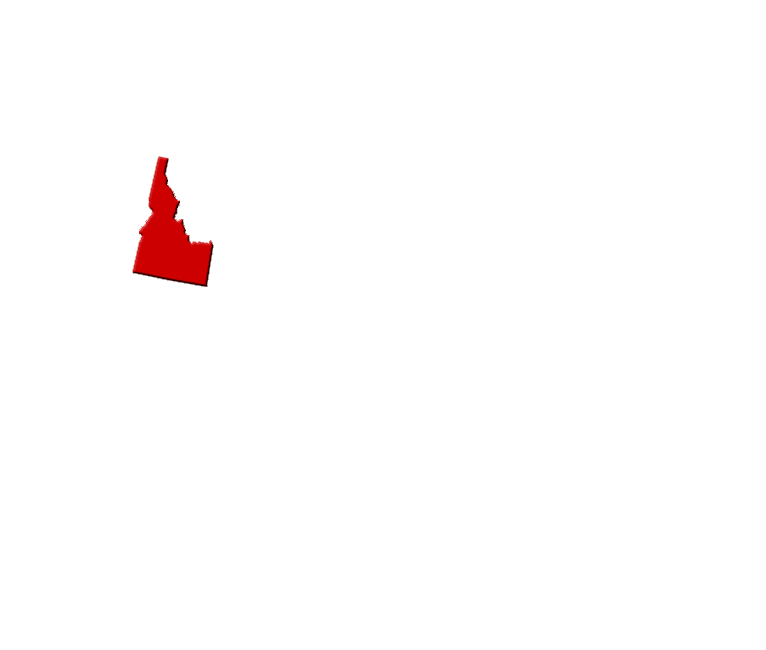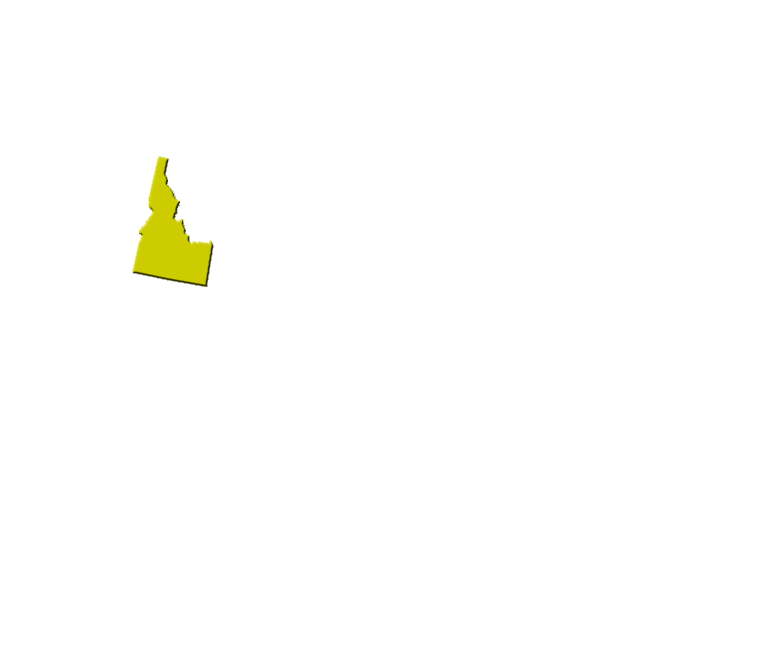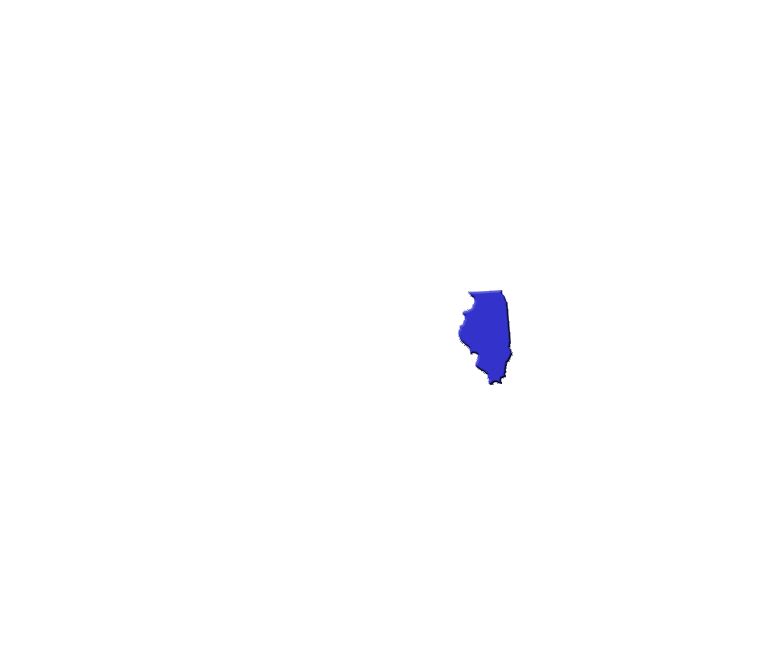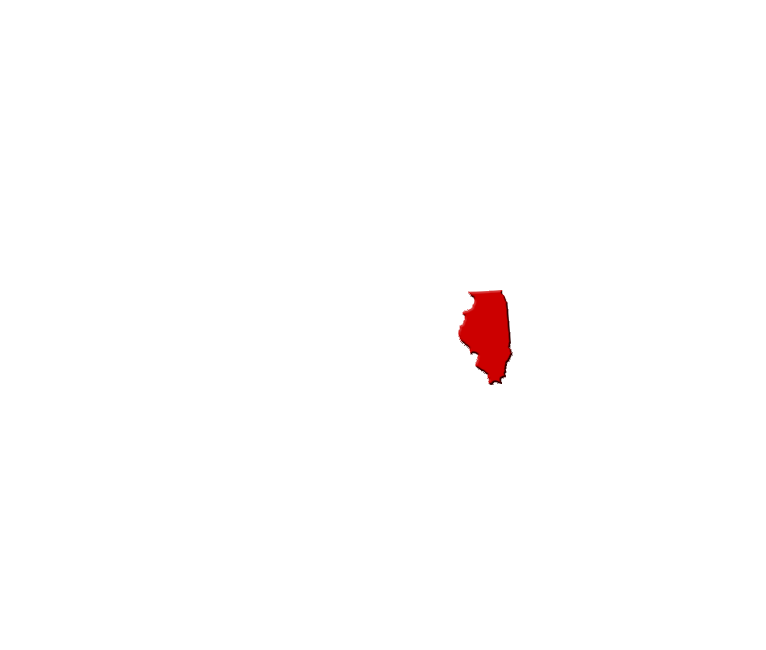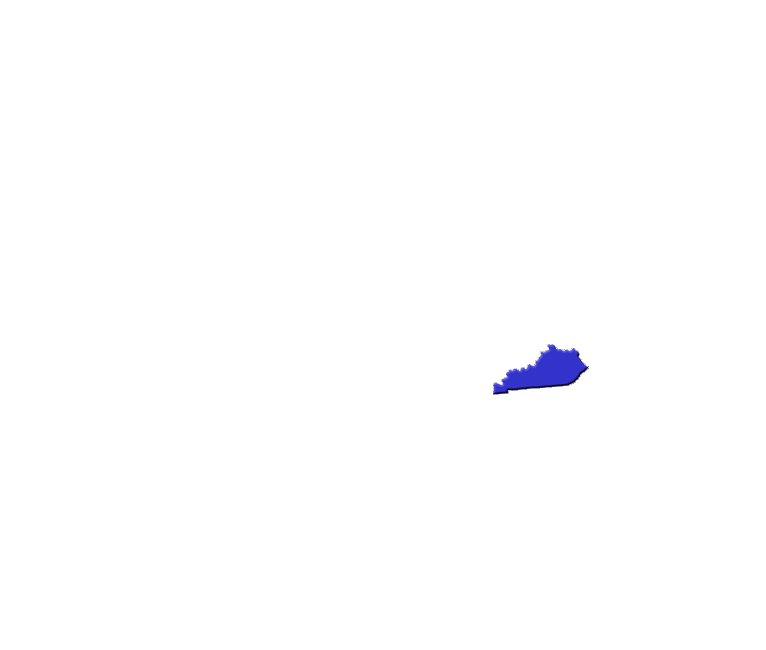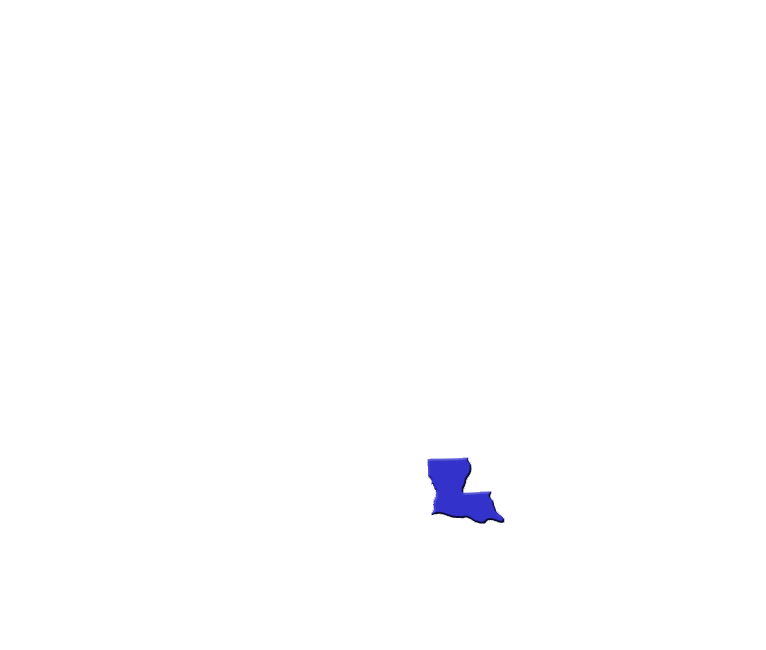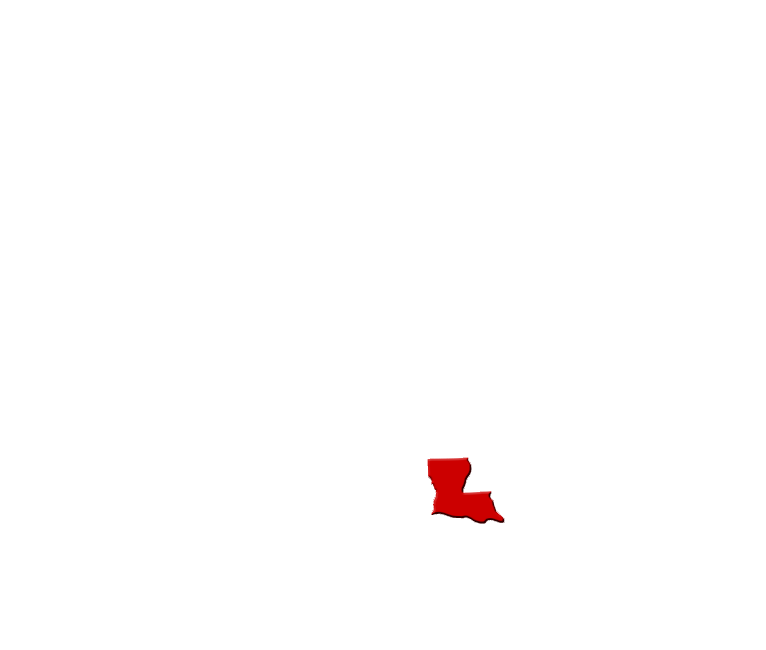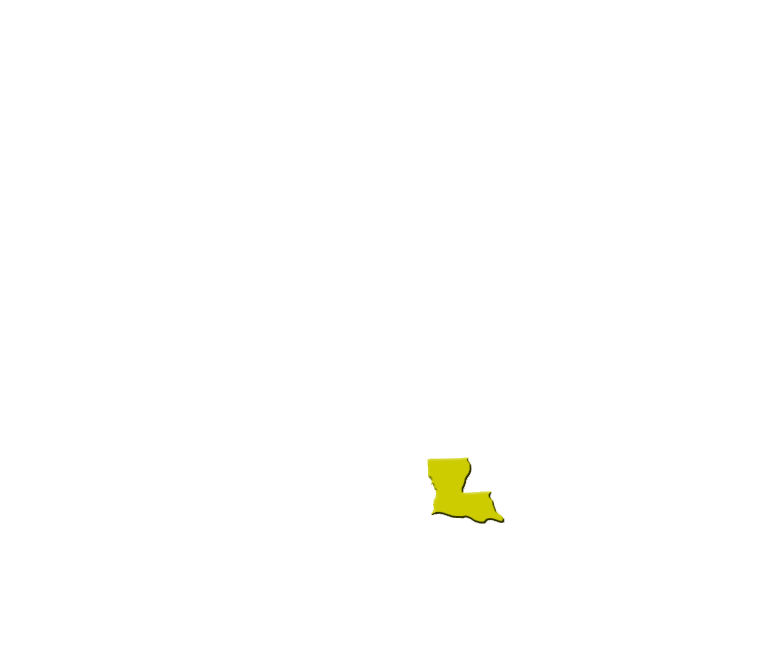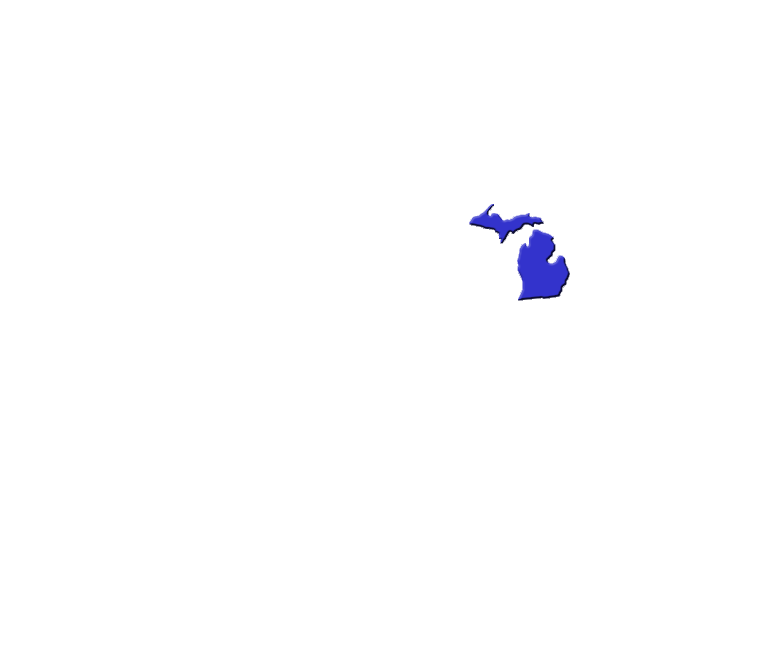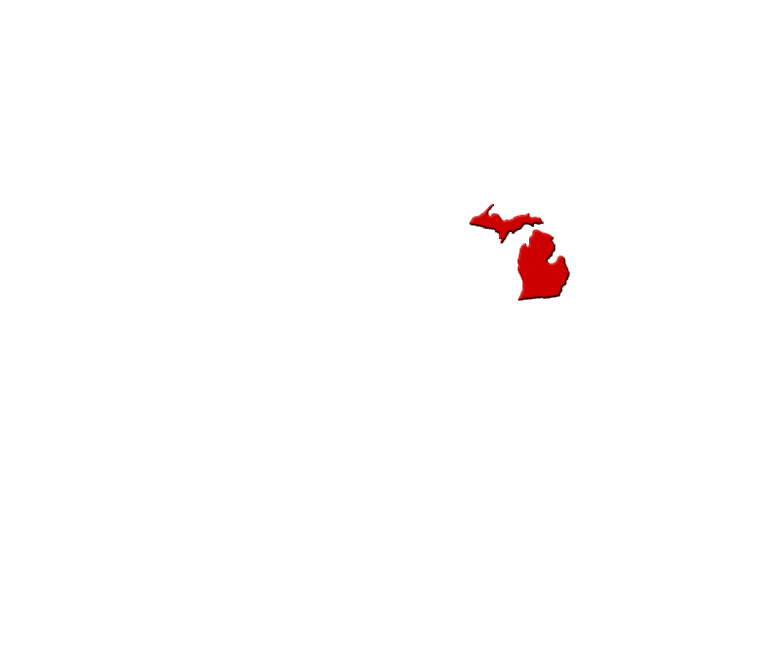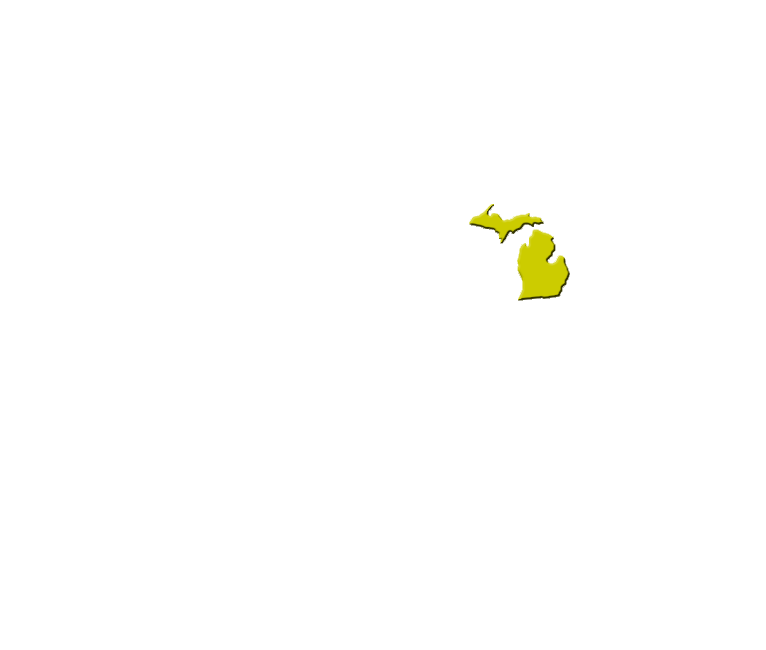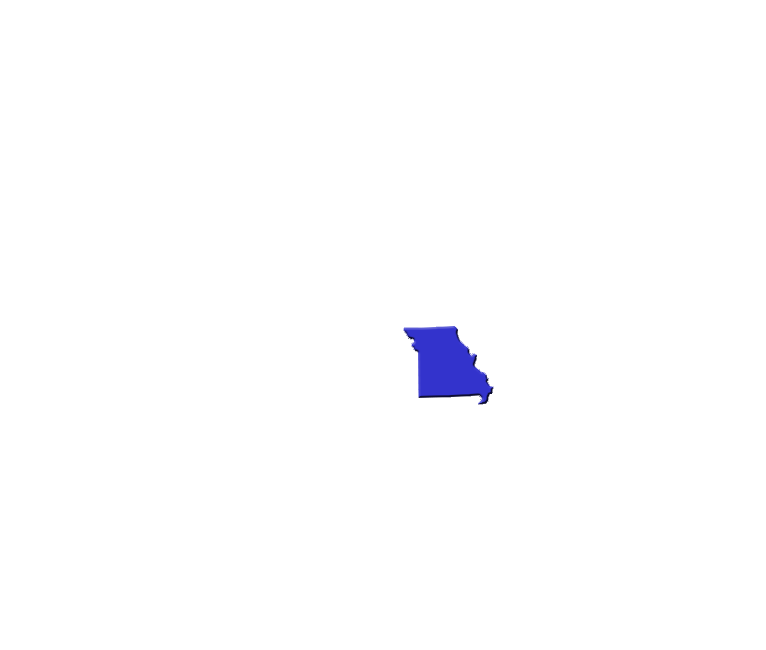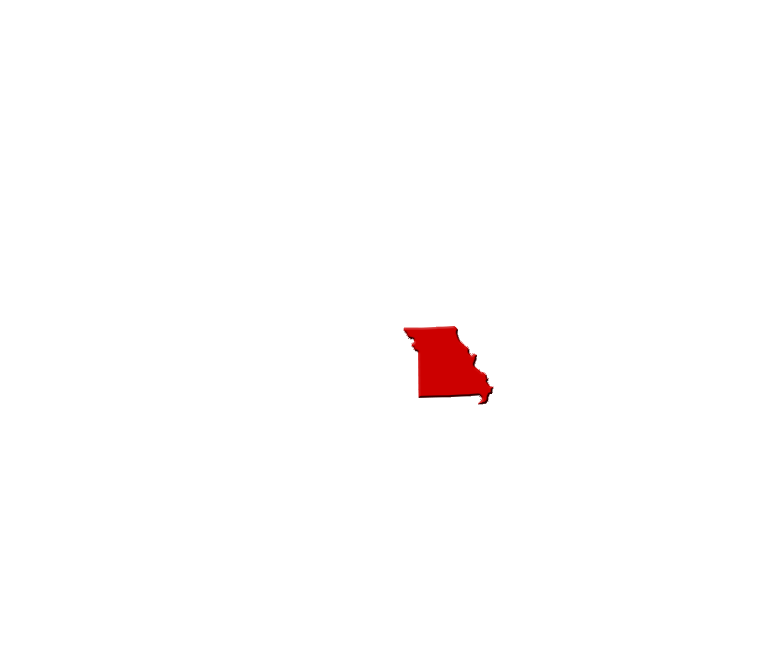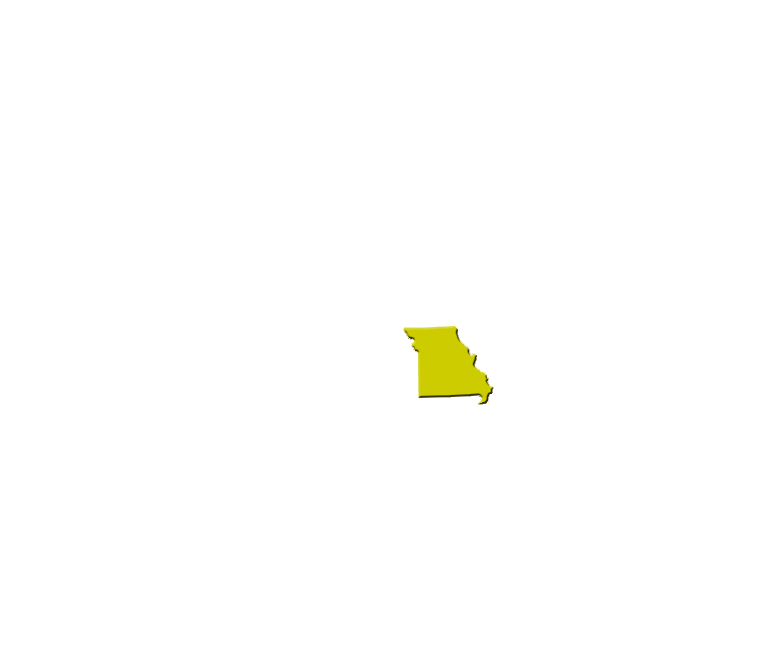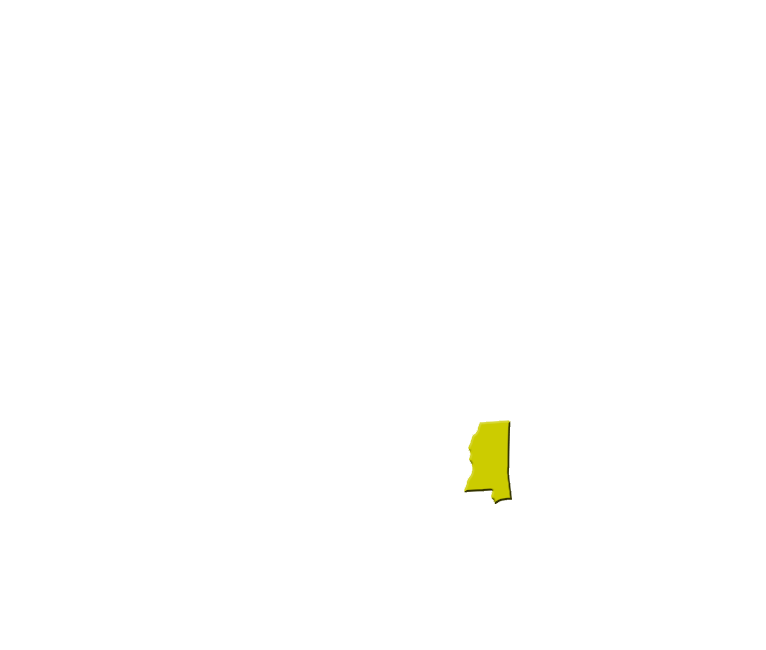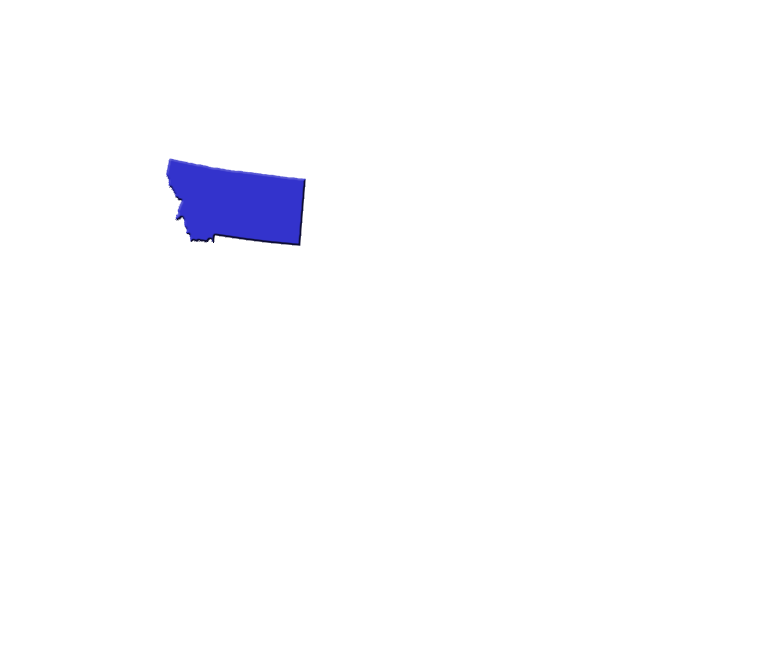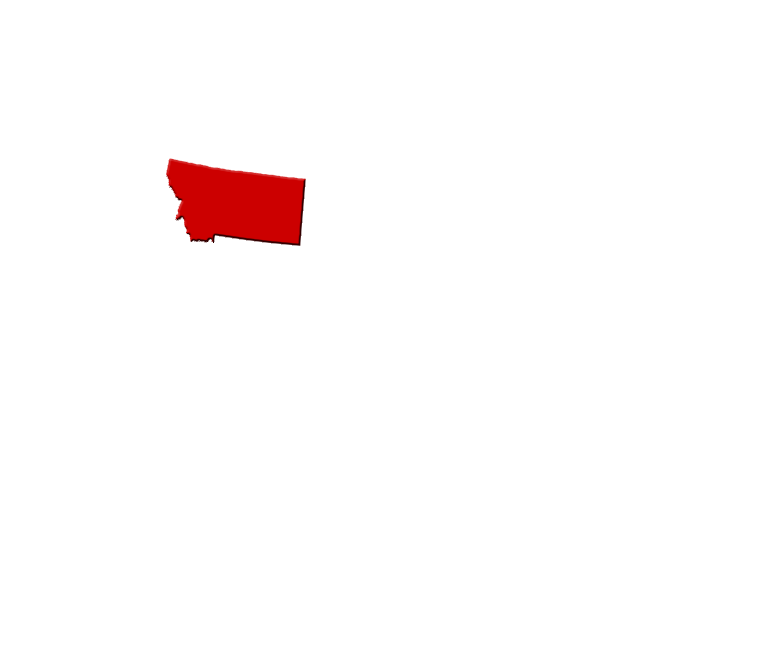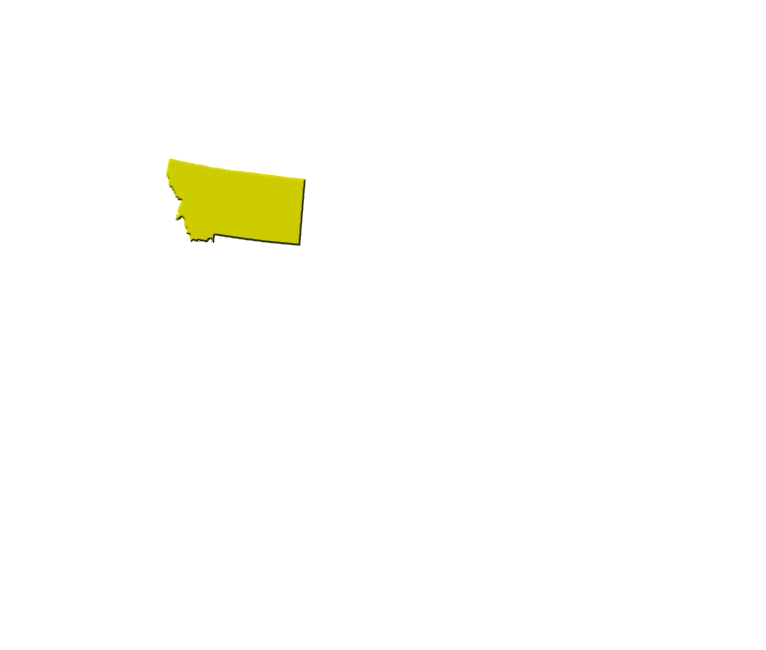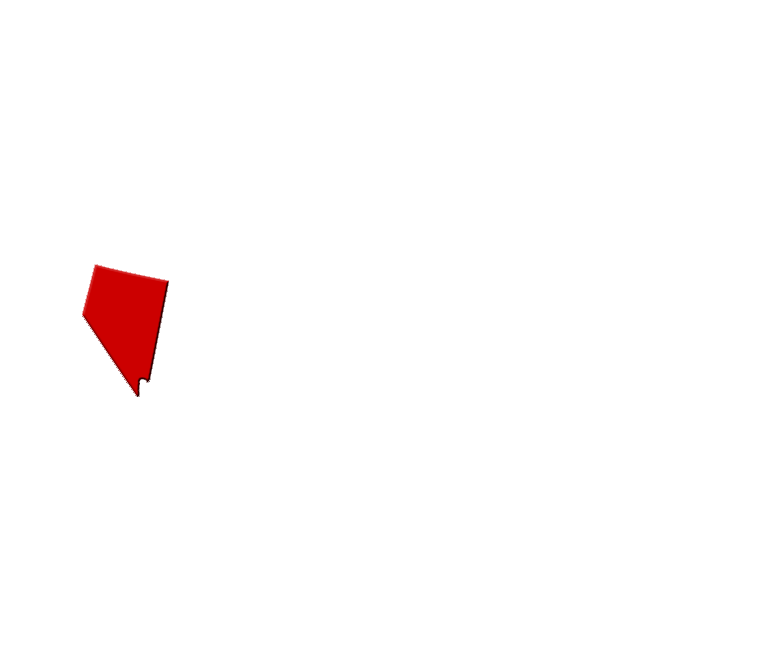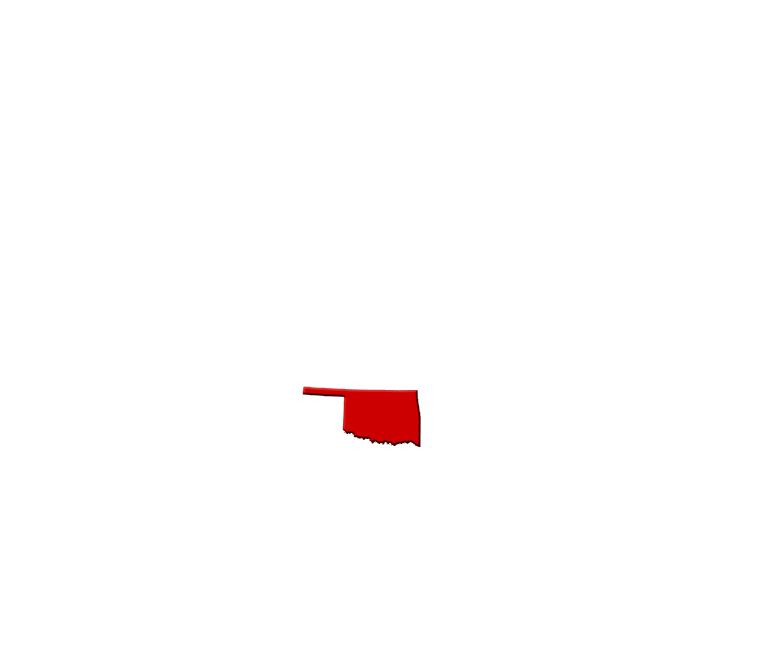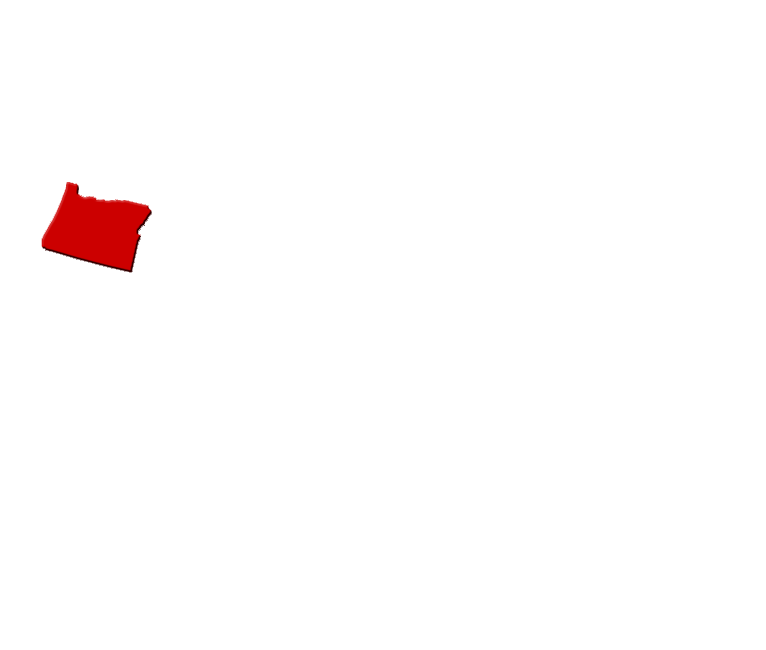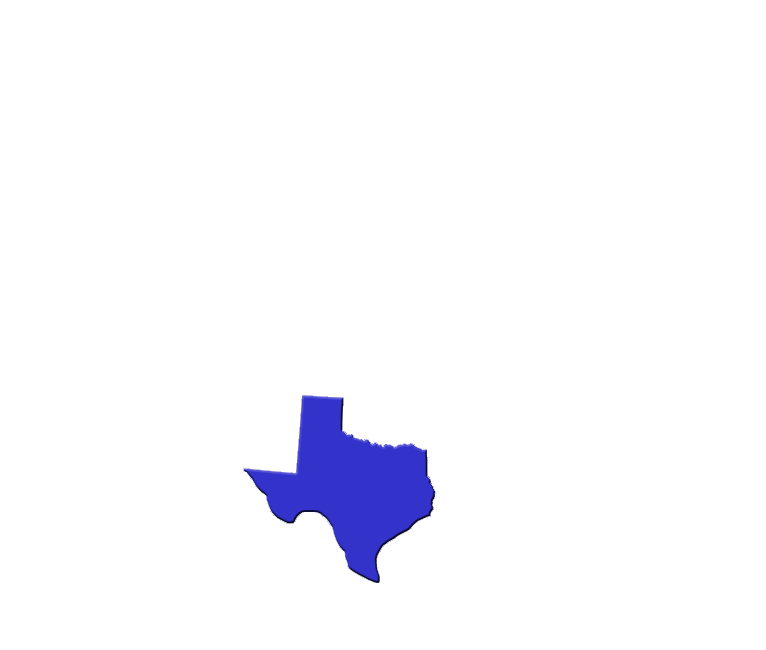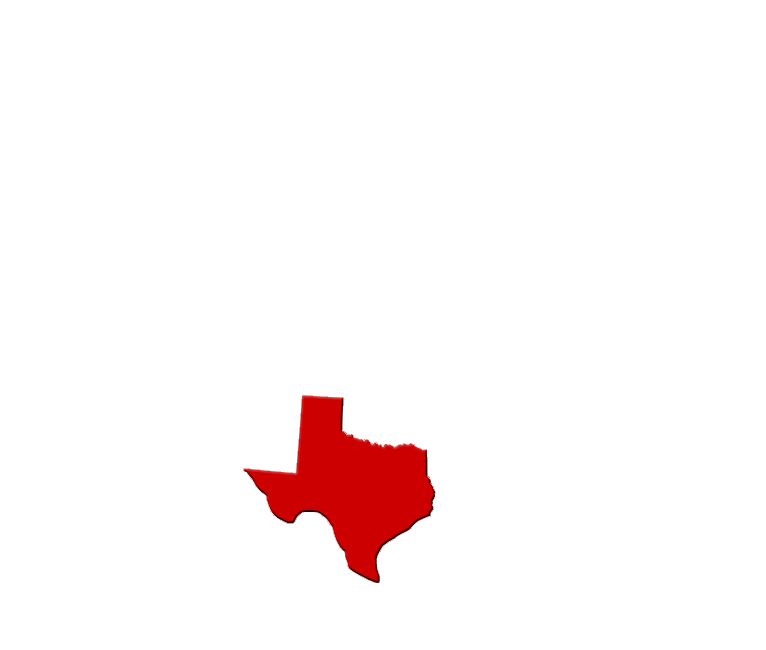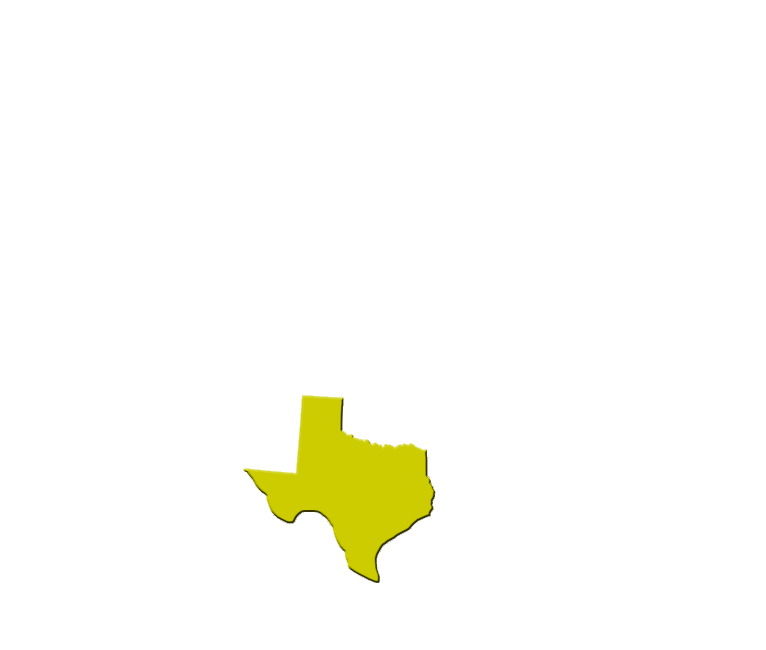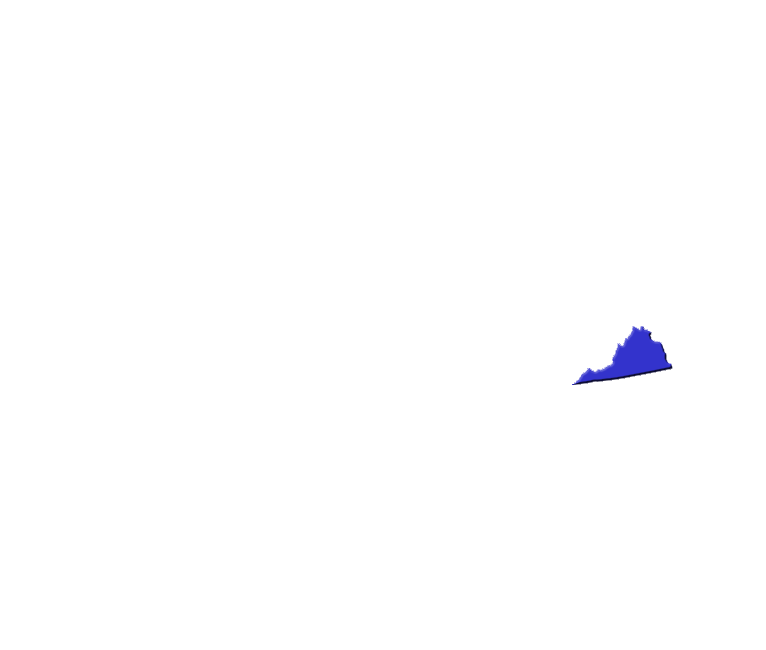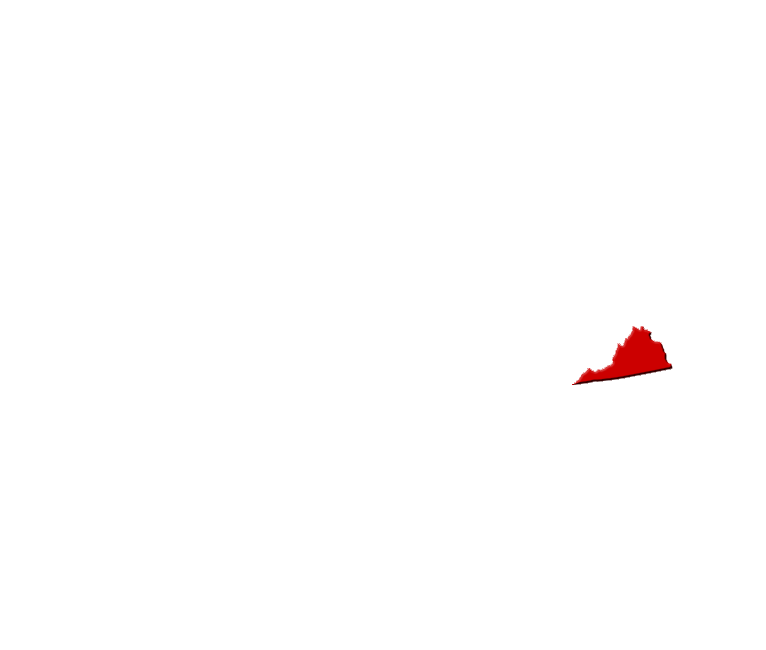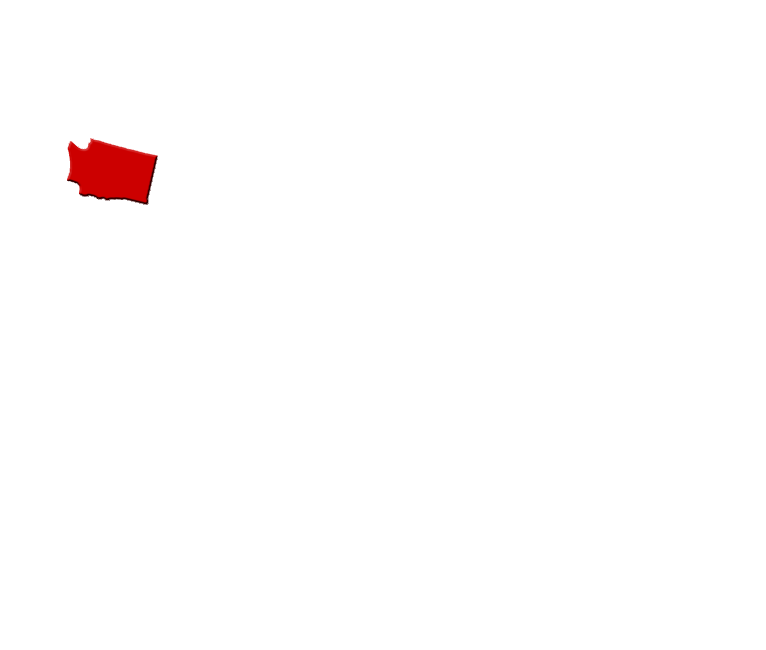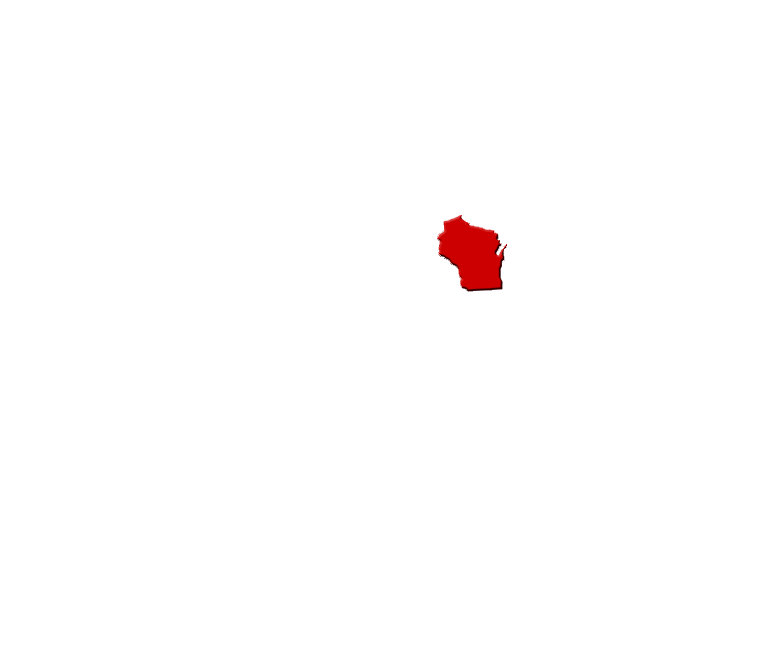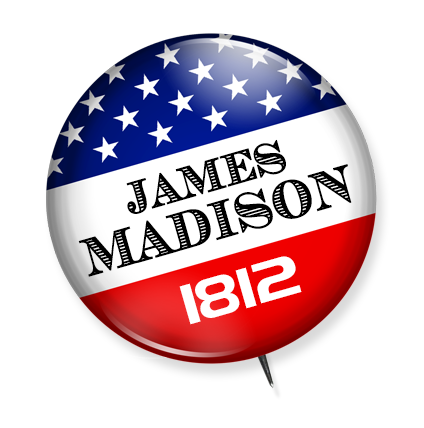
the Electoral College
for 25 Years!
1999 - 2024
election year or...
Ads are placed by Google. No endorsement by President Elect should be inferred.
1812: ELECTORAL COLLEGE MAP | MAKE YOUR OWN MAP
  | James Madison Elbridge Gerry Party: DEMOCRATIC-REPUBLICAN Presidential Electoral Votes: 128 ☆ more information ☆ ★ Some sources say Madison received 140,431 votes for president, 50.4% of the total. However, national popular vote totals in 1812 were not necessarily indicative of the will of the people. In nine states the legislature decided who was awarded their electoral votes. Only nine other states let the people choose, and not every candidate was running in every state. Even then there were significant restrictions on who was allowed to cast a ballot. | ||||
  | DeWitt Clinton Jared Ingersoll / Elbridge Gerry Party: FEDERALIST & DEMOCRATIC-REPUBLICAN Presidential Electoral Votes: 89 ☆ more information ☆ ★ Two Clinton electors from Massachusetts and one from New Hampshire voted for Elbridge Gerry for vice-president instead of Jared Ingersoll, giving Ingersoll a total of 86 vice-presidential electoral votes. ★ Some sources say Clinton received 132,781 votes for president, 47.6% of the total. However, national popular vote totals in 1812 were not necessarily indicative of the will of the people. In nine states the legislature decided who was awarded their electoral votes. Only nine other states let the people choose, and not every candidate was running in every state. Even then there were significant restrictions on who was allowed to cast a ballot. | ||||
  | Rufus King William Richardson Davie Party: FEDERALIST Electoral Votes: 0 ☆ more information ☆ ★ While William Richardson Davie lived in South Carolina during 1812, he is most associated with the state of North Carolina and may have represented that state during the election. ★ Some sources say King received 5,574 votes for president, 2.0% of the total. However, national popular vote totals in 1812 were not necessarily indicative of the will of the people. In nine states the legislature decided who was awarded their electoral votes. Only nine other states let the people choose, and not every candidate was running in every state. Even then there were significant restrictions on who was allowed to cast a ballot. | ||||
|
Not Cast
Electoral Votes: 1 ☆ more information ☆ |
||||
Electoral College Vote Total electoral votes (from 18 states) - 217 Majority needed to win - 109
|
|||||

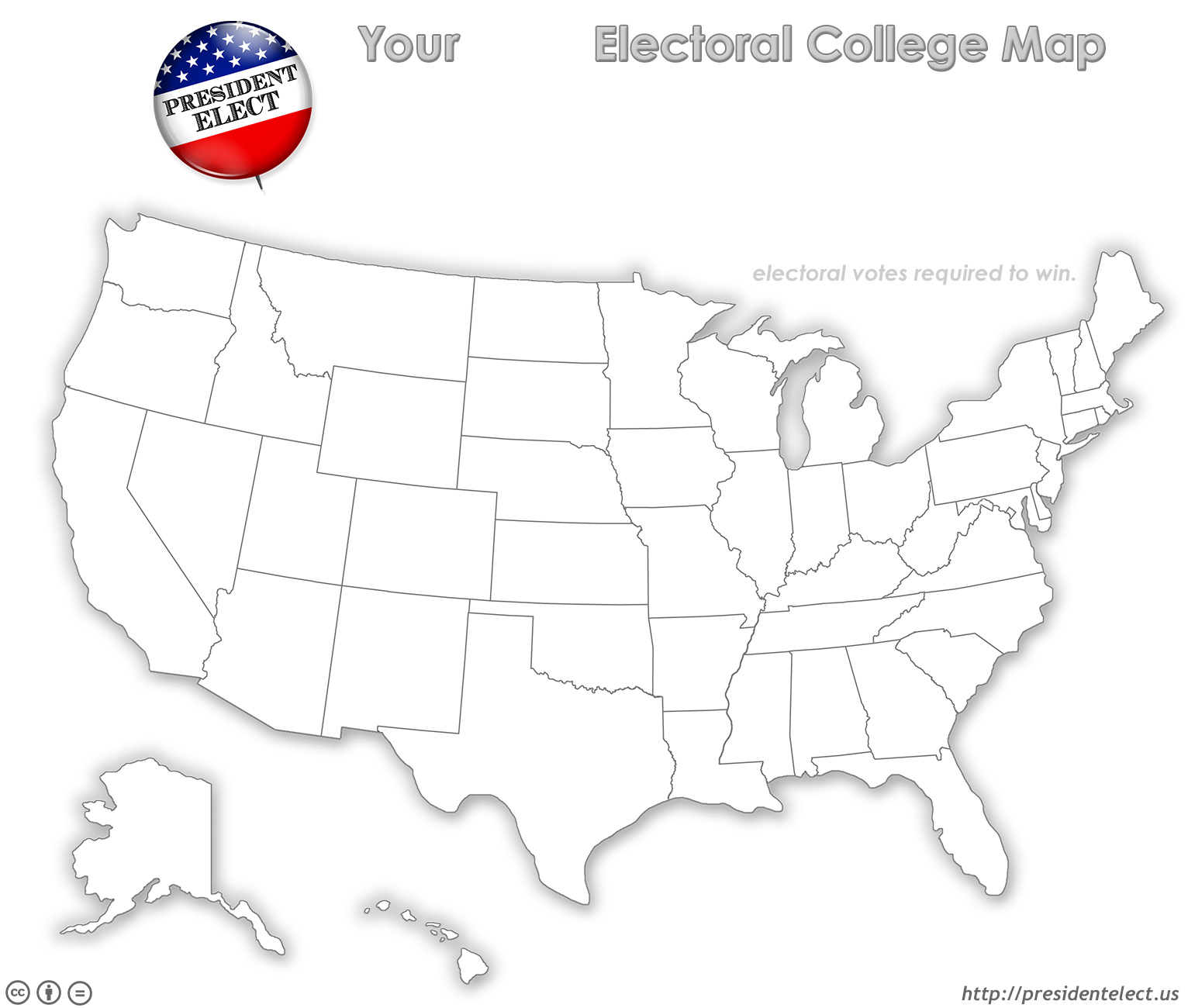

| Alabama – | Alaska – | Arizona – | Arkansas – | California – |
| Colorado – | Connecticut – | Delaware – | DC – | Florida – |
| Georgia – | Hawaii – | Idaho – | Illinois – | Indiana – |
| Iowa – | Kansas – | Kentucky – | Louisiana – | Maine – |
| Maryland – | Massachusetts – | Michigan – | Minnesota – | Mississippi – |
| Missouri – | Montana – | Nebraska – | Nevada – | New Hampshire – |
| New Jersey – | New Mexico – | New York – | North Carolina – | North Dakota – |
| Ohio – | Oklahoma – | Oregon – | Pennsylvania – | Rhode Island – |
| South Carolina – | South Dakota – | Tennessee – | Texas – | Utah – |
| Vermont – | Virginia – | Washington – | West Virginia – | Wisconsin – |
| Wyoming – | Randomize Map | Map | Clear Map | |
If the historical map for this year had a split state vote, the electoral total when clicking " Map" will not be correct.
see important notes below the table
| STATE | MADISON | CLINTON | NOT CAST | |
| CONNECTICUT (LEGISLATURE VOTE) |
9 | |||
| CT ELECTORS | Jonathan Barnes, David Daggett, Theodore Dwight, Calvin Goddard, James Gould, Stephen T. Hosmer, Daniel Putnam, Samuel B. Sherwood, Nathaniel Terry |
|||
| DELAWARE (LEGISLATURE VOTE) |
4 | |||
| DE ELECTORS | Benjamin Blackiston, James L. Clayton, Thomas Fisher, James Sykes |
|||
| GEORGIA (LEGISLATURE VOTE) |
8 | |||
| GA ELECTORS | Henry Graybill, Charles Harris, John Howard, Henry Mitchell, Oliver Porter, John Rutherford, Daniel Stewart, John Twiggs |
|||
| KENTUCKY (POPULAR VOTE, DISTRICT) |
12 | |||
| KY ELECTORS | Walker Baylor, Samuel Caldwell, William Casey, Robert Ewing, William Irvine, William Logan, Robert Mosby, Samuel Murrell, Thomas D. Owings, Duval Payne, Hubbard Taylor, Richard Taylor |
|||
| LOUISIANA (LEGISLATURE VOTE) |
3 | |||
| LA ELECTORS | Stephen A. Hopkins, Julien Poydras, Philemon Thomas |
|||
| MARYLAND (POPULAR VOTE, DISTRICT) |
6 | 5 | ||
| MD ELECTORS | Edward Johnson, Edward Lloyd, Tobias E. Stansbury, John Stephen, Thomas W. Veazey, Thomas Worrell |
Edward H. Calvert, Henry H. Chapman, Littleton Dennis, Daniel Rentch (or Rench), Henry Williams |
||
| MASSACHUSETTS (POPULAR VOTE, DISTRICT) |
22 | |||
| MA ELECTORS | Abraham Biglow, George Bliss, William Crosby, Nathan Dane, Nathaniel Goodwin, William Heath, Benjamin Heywood, John Whitehead Hulbert, Eleazer James, Lathrop Lewis, James McLellan, Isaac Maltby, Jeremiah Nelson, Harrison G. Otis, Lemuel Paine, Samuel Parris, David Scudder, Joshua Thomas, Israel Thorndike, John Walker, Ephraim Williams, Abiel Wood |
|||
| NEW HAMPSHIRE (POPULAR VOTE, AT-LARGE) |
8 | |||
| NH ELECTORS | Caleb Ellis, Timothy Farrar, Jonathan Franklin, John Goddard, Samuel Hale, Oliver Peabody, Nathan Taylor, Benjamin West |
|||
| NEW JERSEY (LEGISLATURE VOTE) |
8 | |||
| NJ ELECTORS | Elias Conover, Franklin Davenport, William B. Ewing, William Griffeth, Andrew Howell, Jacob Losey, William McGill, Matthew Whillden |
|||
| NEW YORK (LEGISLATURE VOTE) |
29 | |||
| NY ELECTORS | Chauncey Belknap, Cornelius Bergen, David Boyd, William Burnet, John Chandler, Jacob Delamontagnie, Simeon De Witt, John Dill, Henry Frey, James Hill, John C. Hogeboom, Thomas H. Hubbard, Henry Huntington, Jotham Jayne, Robert Jenkins, James S. Kipp, William Kirby, Archibald McIntyre, Gurdon S. Mumford, George Palmer, Jr., Joseph Perine, George Rosecrantz, John Russell, Jonathan Stanley, Jr., Philip Van Cortlandt, Michael S. Vandercook, David Van Ness, John Woodworth, Joseph C. Yates |
|||
| NORTH CAROLINA (LEGISLATURE VOTE) |
15 | |||
| NC ELECTORS | Redar Ballard, James Bright, Hutchens G. Burton, James W. Clarke, Thomas Davis, Jonathan Hampton, Thomas D. King, Francis Locke, Henry Massey, James Mebane, William H. Murfree, Kemp Plummer, James Rainey, Montfort Stokes, Joseph Winston |
|||
| OHIO (POPULAR VOTE, AT-LARGE) |
7 | 1 | ||
| OH ELECTORS | Matthias Corwin, James Dunlap, John Hamm, Thomas Ijams, John Jones, James Pritchard, David Purviance |
David Abbott |
||
| PENNSYLVANIA (POPULAR VOTE, AT-LARGE) |
25 | |||
| PA ELECTORS | Henry Allshouse, Michael Baker, Paul Cox, Edward Crouch, Isaiah Davis, Alexander Dysart, Joseph Engle, Walter Franklin, David Fullerton, James Fulton, Hugh Glasgow, David Mead, Nathaniel Mickler, Abia Minor, David Mitchell, James Mitchell, John Murray, Clement Paine, Joseph Reed, Charles Shoemaker, Jr., Robert Smith, Samuel Smyth, James Stephenson, John Whitehill, Isaac Worrell |
|||
| RHODE ISLAND (POPULAR VOTE, AT-LARGE) |
4 | |||
| RI ELECTORS | Samuel G. Arnold, Ephraim Bowen, Christopher Fowler, William Rhodes |
|||
| SOUTH CAROLINA (LEGISLATURE VOTE) |
11 | |||
| SC ELECTORS | William Alston, Sampson Butler, William Caldwell, James Campbell, John Johnson, Samuel Johnson, John McCreary, Andrew Pickens, Richard Singleton, William Smith, Reuben Starke |
|||
| TENNESSEE (POPULAR VOTE, DISTRICT) |
8 | |||
| TN ELECTORS | Henry Bradford, Elkanah R. Dulaney, Thomas Johnson, James McCampbell, David McEwen, William Trigg, James Trimble, Thomas Washington |
|||
| VERMONT (LEGISLATURE VOTE) |
8 | |||
| VT ELECTORS | John H. Andrus, Noah Chittenden, William A. Griswold, Elihu Luce, Nathaniel Niles, Mark Richards, William Slade, Josiah Wright |
|||
| VIRGINIA (POPULAR VOTE, AT-LARGE) |
25 | |||
| VA ELECTORS | William Armistead, John T. Brooke, Matthew Cheatham, Richard Field, Benjamin Harrison, Hugh Holmes, Gustavus B. Horner, Walter Jones, Richard Henry Lee, William McKinley, Daniel Morgan, Robert Nelson, Mann Page, Edward Pegram, George Penn, William G. Poindexter, Thomas Read, Sthreshley (or Sthreshly) Rennolds, Spencer Roane, Andrew Russell, Archibald Rutherford, Archibald Stuart, Charles Taylor, Robert Taylor, Charles Yancey |
|||
| TOTAL VOTE | 162 | 14 | 1 | |
In early elections, the states used several different methods to choose electors. In some, the state legislature picked the electors. In others, the people chose the electors directly (via a winner-take-all statewide at-large vote, a system where voters in districts chose individual electors, or a combination of the two).
State-by-state popular vote data is not available for early elections due to a lack of reliable and uniform data. Most historians use 1824 as the starting date for those numbers because of, what a Congressional Quarterly publication calls, the "availability, accessibility, and quality" of the returns since then..
feel free to send them to email@presidentelect.us.
original content and graphics
© 1999-2025 James R Whitson
